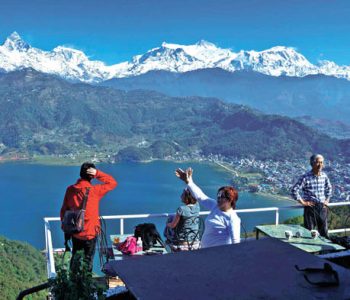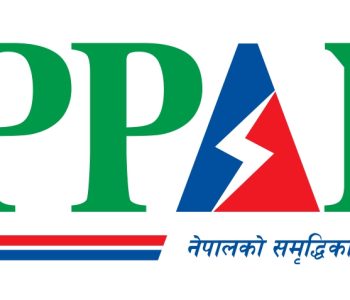Supreme Court issues directive to regulate ride-sharing services in Nepal

KATHMANDU: The Supreme Court of Nepal has issued a directive to the government to bring ride-sharing practices and businesses under a legal framework. The directive was made in connection with a petition seeking the cancellation of the registration of Pathao Nepal, a prominent ride-sharing app operating in the country.
In its verdict, the Supreme Court emphasized the need for legal provisions to regulate ride-sharing services, stating, “The government must take necessary initiatives to introduce adequate legal arrangements for addressing transportation businesses like ride-sharing at the earliest.”
The bench of Chief Justice Bishowambhar Prasad Shrestha and Justice Tek Prasad Dhungana issued the directive on Ashar 13, 2081 BS (June 27, 2024). The full text of the verdict, delivered six months ago, was recently made public.
Monitoring Compliance Until Legal Provisions Are Established
The court instructed the Department of Industry and the Department of Transport Management to monitor whether ride-sharing apps and companies, including Pathao, comply with existing conditions until appropriate legal provisions are enacted.
Acknowledging the absence of laws specific to ride-sharing services, the court underscored the importance of creating regulations to benefit all citizens, including women and individuals with disabilities. It also emphasized the need to establish safety standards and legalize the operation of ride-sharing vehicles through proper registration, management, and supervision.
Balancing Regulation with Innovation
Nepal’s current transportation laws prohibit private vehicles from carrying passengers for hire. Advocate Shyam Kumar Shrestha had filed the petition to revoke Pathao’s registration, arguing that the app facilitated the use of private two-wheelers and four-wheelers for commercial purposes in violation of the law.
However, the Supreme Court rejected the petition, stating that the entity where Pathao is registered does not have the authority to cancel its registration. The court also noted that ride-sharing services, despite their legal ambiguities, address employment rights, consumer interests, entrepreneurship, and economic growth. It warned against discouraging practices that directly connect drivers and consumers.
Recognizing Ride-Sharing as an Industry
The court highlighted that the government had already classified ride-sharing services as part of the service industry through a notification published in the Nepal Gazette on Magh 18, 2080 BS (February 1, 2024). It acknowledged the lack of legal provisions for registration, licensing, and enforcement and urged the government to address these gaps.
The court further stated, “Given that the Industrial Enterprise Act, 2076 BS (2019 AD), has already recognized ride-sharing as an industry, it would not be justifiable or lawful to prohibit it.”
Call for Legal Amendments
The Supreme Court pointed to the global acceptance of ride-sharing practices and noted that many countries have already established legal frameworks for such services. It urged Nepal to amend its laws to align with the changing times.
The court also acknowledged a response from the Department of Industry, which mentioned an ongoing draft of the Federal Transport Management Act. It directed the government to ensure that the draft law adequately addresses the regulation of ride-sharing services.
This landmark decision marks a significant step toward integrating ride-sharing services into Nepal’s legal and economic framework while addressing safety, consumer rights, and industry growth.













Facebook Comment